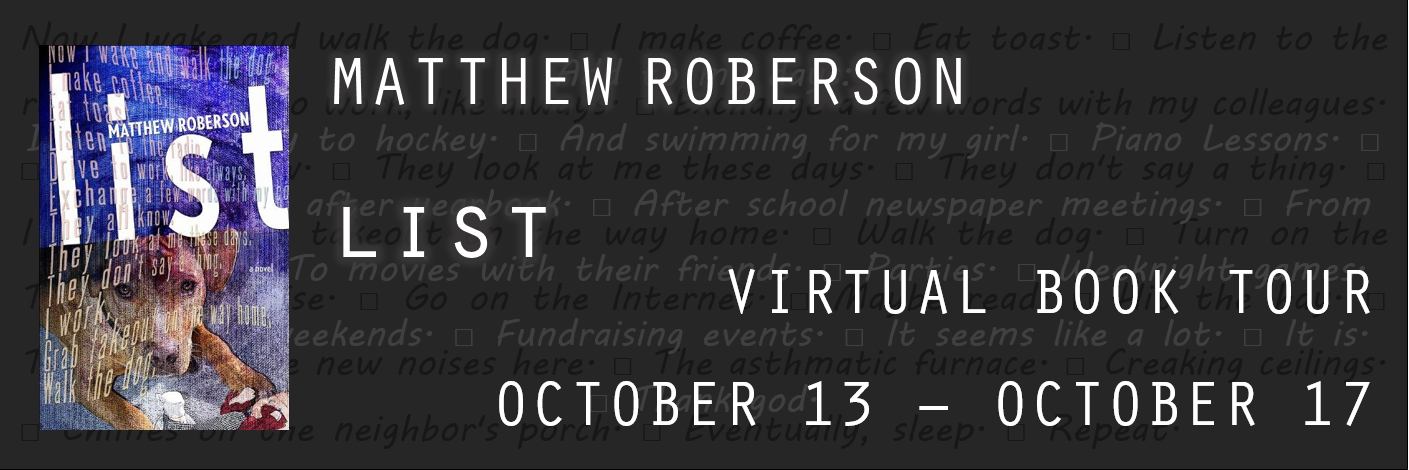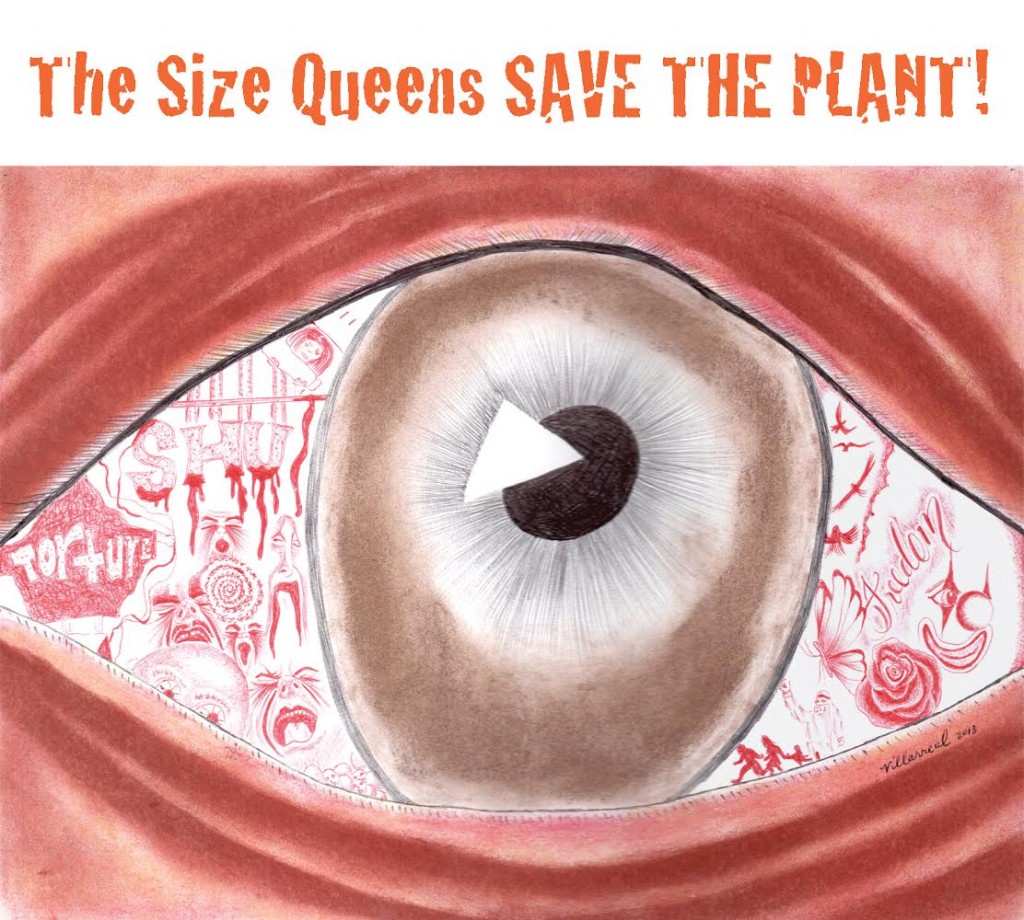Today is the last stop of Lynn Kanter’s virtual book tour celebrating her new novel, Her Own Vietnam. Click the link to check out the other tour stops, each with unique content!
Could you tell me a little about the origins of Her Own Vietnam? How did you begin this work?
Like most members of the Baby Boomer generation, my youth was profoundly shaped by the war in Vietnam – and by the movement to end it. We had a military draft then, and the Vietnam war could reach into almost any American home that had a teenage son, including mine. (I have an older brother.) I was also deeply shaken in 1970 when college students peacefully protesting on their own campuses at Kent State and Jackson State were killed by uniformed troops.
Decades after the war ended, I was walking down the street one day when it struck me: What would it be like to be a regular middle-aged woman, just living your humdrum life, and have that experience in your past? To have participated in a war so hated by much of your nation that the hostility slopped over onto you and your comrades, the very people your country sent to wage the war?
How would you feel? Who would you tell? Who could ever understand what you’d been through?
To explore these questions, I began to write. I worked on Her Own Vietnam, on and off, for the next 14 years. Continue reading
![[PANK]](https://pankmagazine.com/wp-content/themes/pank/assets/images/pank-logo-large.png)







